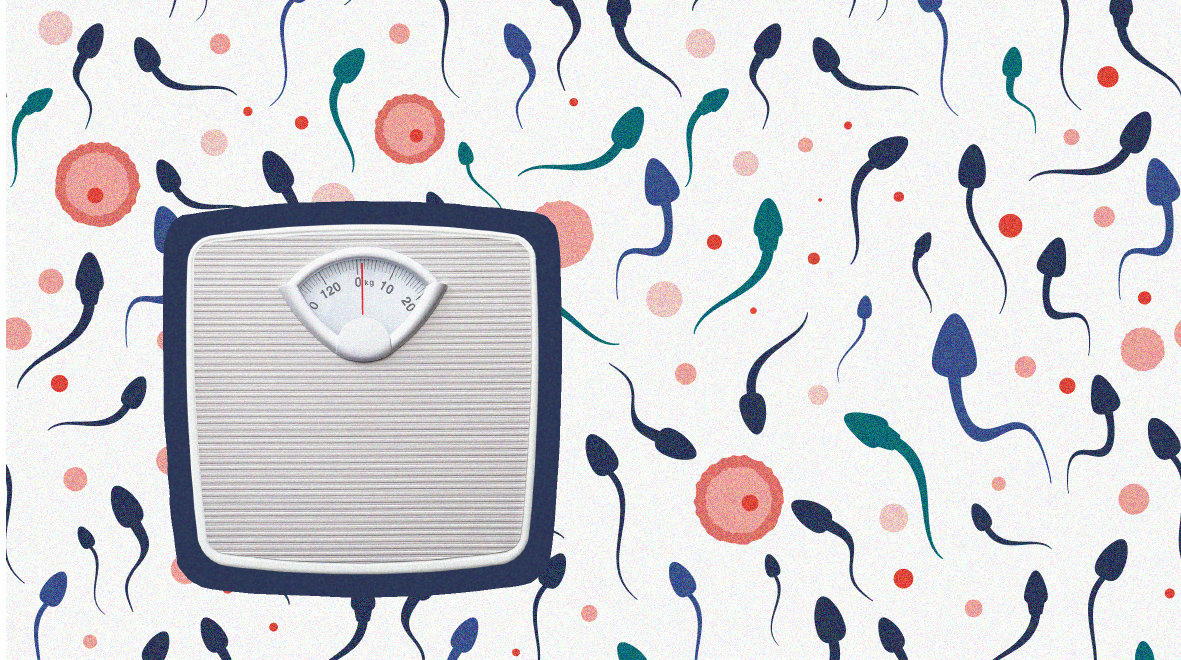
With NHS funding for IVF diminishing, Imperial researchers are looking at weights loss as a way to support men who have obesity-related reproductive dysfunction.
Infertility is the inability to have children after 12 months of regular unprotected intercourse and is fairly common, affecting 1 in 7 couples. Male factor infertility refers to infertility secondary to poor sperm quality, and while it is talked about less than female infertility, it is responsible for 40% of infertile cases. Obesity is a rising global epidemic, so it is no surprise that a quarter of men attending fertility centres are obese.
During the last few decades, tremendous advances have taken place in the treatment of women diagnosed with infertility. However, little progress is made for couples with male factor infertility. Therefore, the only therapy offered to couples is assisted reproduction, such as in-vitro fertilisation (IVF) therapy. IVF is effective but with NHS funding diminishing it can be expensive, as well as having potentially life-threatening complications for the female partner such as ovarian hyper-stimulation syndrome. That’s why we need to look at other options for couples affected by infertility. (more…)


